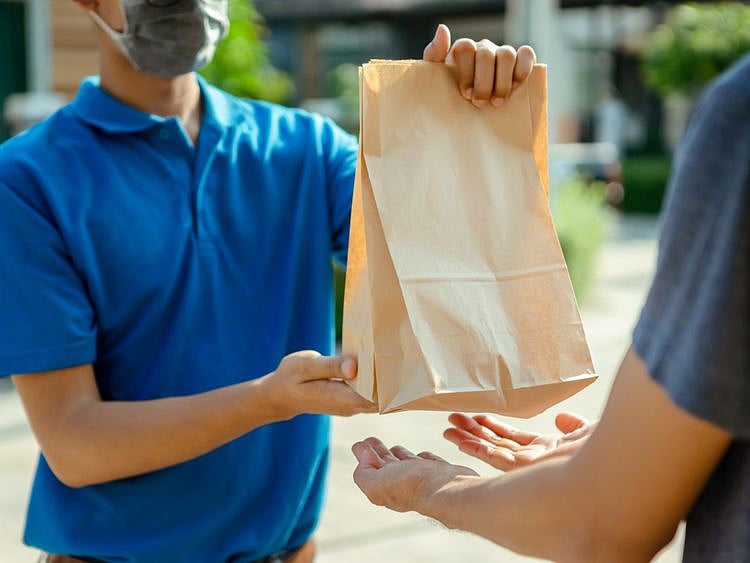How these bachelors in the UAE are having iftar, suhoor this Ramadan
The young working men are pressed for time and rarely cook at home

Dubai: Living away from their families and pressed for time, many bachelors observing Ramadan in the UAE rely on takeaways and home deliveries for iftar. For most of them, it is the sheer convenience and the wide variety of choices in eating out that makes cooking at home a distant option.
Egyptian expat Ahmed Hamdy, 38, who works as a marketing director, said he misses his family during Ramadan. “During the day, I am busy at work. For iftar, I rely on a restuarant. If I am too tired, I just order food home. Sometimes my friends invite me for iftar and suhoor. In Dubai, it is not so difficult for bachelors to spend Ramadan,” he added.
“If there is anything I miss, it is the presence of my family around me. We would definitely have spent a more traditional Ramadan had they been around.”
Indian expat Hussain Arif, 31, who works as an internal auditor for a private company in Dubai, said he is dependent mostly on home deliveries for his evening meal. “Meanehile my suhoor is really light. I have stocked up on some oats, yoghurt, chia seeds, nuts and honey. I make myself a bowl of oats in the morning. For iftar, again I eat light. I end my fast with dates, a cool drink like Jallab or Rooh Afza. I also enjoy rice cakes for a snack and I have bought those as well,” he added.
Attractive offers
There are massive food discounts on iftar meals being provided by restaurants. This takes away a lot of pressure for many who are juggling work and their fasts. A quick scan of deals reveals that wholesome meals come for as low as Dh10 or Dh15. One such iftar meal offers rice, chicken, water, dates and fruits for a plate of Dh10. Another Iftar platter for Dh21 comes with fresh fruit juice, salad, dates, chicken garlic kabab (three pieces), chicken biryani, yoghurt, chicken curry and two pieces of breads.
If one is looking for a more elaborate iftar, high-end restaurants too have options a plenty. A deal from one such international outlet offers a huge spread for Dh215 per person.
“For iftar, I eat light and get a meal for just Dh15. After my late evening prayers I order a takeaway from a restaurant close to my place.”
Pakistani expat Bilal Ahmed, who works as a sales supervisor for a private company in Dubai, said he too relied a lot on eating out. Ahmed, whose family is back home in Pakistan, said: “Besides the fact that I don’t get to eat home food, I also miss the family bonding that happens big time during every Ramadan.”
Sign up for the Daily Briefing
Get the latest news and updates straight to your inbox
Network Links
GN StoreDownload our app
© Al Nisr Publishing LLC 2026. All rights reserved.